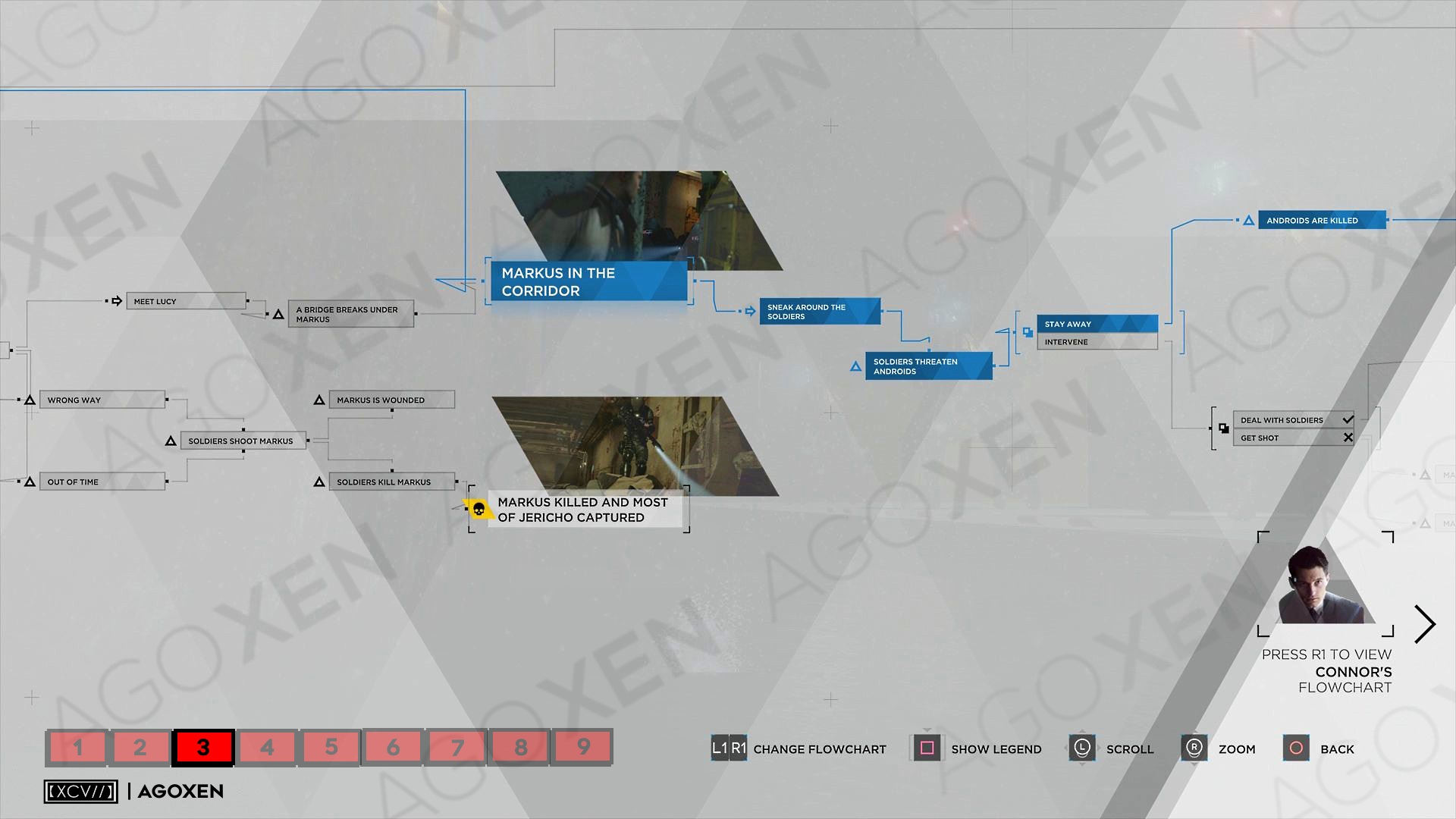

One of the stand out characters is David Sarif, the founder and CEO of augmentations firm Sarif Industries. But in the actual game, Jensen is surprisingly nuanced, treading the line between being a man who wants to get a job done, to someone who shows genuine warmth to his friends and colleagues. Voiced by Elias Toufexis, in the game’s initial trailers Adam Jensen first struck me as an overly-gruff ex-SWAT member who desperately thinks being aloof is the height of coolness. The ending could be better, which I won’t spoil, but otherwise the plot and the stories within it are excellent.Īs are the characters. There's multiple conflicting parties, a good few twists and turns, and one of the best approaches to the topic of human augmentation and transhumanism without descending into overly sci-fi tropes. While it taps into what could have been a rote tale of conspiracies, the actual story is very good. Outside of Mankind Divided, I can’t think of another game that lets you do that Cyberpunk 2077 certainly doesn’t.Īnother smart mechanic is that some encounters with other characters put you in a form of conversational battle where you have to use your wits and feedback from a social augmentation to convince or compel the person to your line of thinking or give you access to an area you’re not supposed to be in.ĭeus Ex: Human Revolution’s story also stands up well to such conversational battles and the test of time.
#Games like we. the revolution endings code#
I loved to sneak and hack (the tense hacking mini game is rather smart) my way around various locations, turning automated turrets against their operators or finding a code to a security door by digging through the emails of a security guard.Įqually, when I was lacking the tools or correct hacking level to do this, a strength aug allowed me to stack various crates and office equipment to create a makeshift ladder to hop over security fences and laser grids, or get into out-of-reach vents.

It’s no Doom Eternal, but being able to dodge between cover and blind-fire in third-person - what was a controversial move give the last two games only first-person - let you survive fights in which Jensen was completely outgunned.īut the real joy came from manipulating the game’s flexibility. On the hardest “Deus Ex” difficulty, Human Revolution forces you to think tactically about engaging in combat, meaning you’ll need to employ all manner of equipment and augmentations, such as cloaking or the being able to move at superhuman speeds.Īnd the actual gunplay itself is pretty neat, too. The art direction is simply exceptional, with the developers coining the term “Cyber Renaissance” to create modernized versions of the clothing and architecture of the 15th and 16th centuries I’d found myself wandering the small Detroit hub area simply admiring the coats and jackets of random characters. Speaking of today, while Human Revolution’s graphics engine is dated, it still looks very nice. But the Director’s Cut of Human Revolution retcons that by allowing you to deal with these battles in a more creative way it’s the version of the game to play today. This rubbed against the whole Deus Ex DNA of being able to choose how you take on such problems. The only fly in the ointment was that the boss battles in the game were subcontracted to another developer, who made the decision to force combat upon the players. You could sneak, snipe, tranquilize, hack or simply circumnavigate a lot of threats in the game I took great joy in knocking out guards as part of a non-lethal run, and stuffing them into vents or secluded corners, chuckling away to myself as I imagine them groggily waking up and wondering how they ended up in compromising positions with their comrades. But that actually worked in Human Revolution’s favor, offering smartly designed environments with all manner of things to look at, uncover, hack and blow up.Īnd like the original game, you could approach objectives in a variety of ways, including not killing any enemies in the entire game. And it didn’t there was no skills system and missions took place in smaller spaces. With modern graphics, I was worried that Human Revolution would fail to deliver the scale of the original game. Deus Ex offered a huge amount of systems and flexibility to approaching missions in levels that felt huge for a game from 2000. It was a risky move by developer Eidos Montreal, given it was looking to develop a game that was very much trying to be a modernized version of arguably one of the best games of all time.


 0 kommentar(er)
0 kommentar(er)
